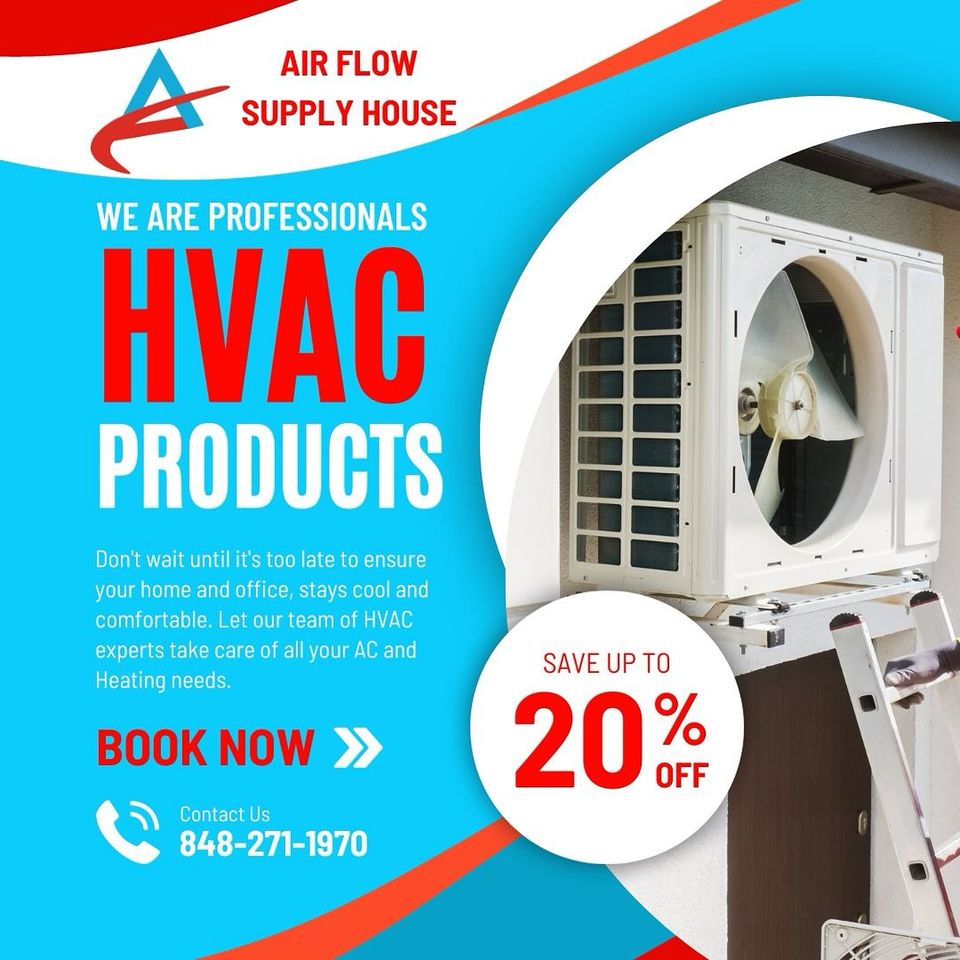The Importance of Air Filters for Health, Breathing, and Sicknesses
Air quality is an often-overlooked but critical aspect of our health and well-being. Whether it's in our homes, offices, or public spaces, the air we breathe can have a significant impact on our physical and mental health, including increasing the risk of respiratory and cardiovascular problems, headaches, and other illnesses.
Maintenance and Regular Replacing of Air Filters
One of the easiest and most effective ways to improve air quality is through the regular maintenance and replacement of air filters. Air filters work to remove contaminants and particles from the air, including dust, allergens, pet dander, and other pollutants. Over time, air filters can become clogged and less effective, which is why it's essential to replace them regularly.
The frequency of replacing air filters depends on several factors, including the type of air filter you use, the size of your heating or cooling system, and the environment in which you live. In general, it's recommended to replace air filters every three months, although in areas with higher levels of air pollution or if you have pets, it may be necessary to replace them more frequently.
Heating, Ventilation, and Air Conditioning Systems
Air filters are essential components of heating, ventilation, and air conditioning (HVAC) systems. HVAC systems are responsible for heating, cooling, and ventilation in homes and buildings. These systems rely on air filters to maintain indoor air quality and to protect the mechanical components of the system from damage.
Thermostats, Efficiency, and Air Quality
In addition to air filters, thermostats play an essential role in maintaining air quality and improving the efficiency of HVAC systems. Programmable thermostats can help to regulate the temperature in your home or building, reducing the need to run the heating or cooling system constantly. This not only helps to improve air quality, but can also help to reduce energy costs.
Ventilation, Clean Air Ducts, and Mechanical Ventilation
Ventilation is also a critical component of indoor air quality. Proper ventilation helps to improve air circulation, reduce the buildup of pollutants, and improve overall air quality. Mechanical ventilation systems can help to improve indoor air quality by providing a constant source of fresh air, reducing the risk of airborne illnesses and reducing the risk of mold growth.
Refrigeration Systems, Products, and Services in New Jersey and New York
In New Jersey and New York, there are many products and services available to help improve indoor air quality, including refrigeration systems and mechanical ventilation systems. Our company Air Flow Supply offer in these areas a wide range of products and services designed to help improve indoor air quality, including air filters, air duct cleaning services, and ventilation systems. Many companies also offer quotes for these services, making it easy to find a solution that fits your needs and budget.
Conclusion
In conclusion, air quality is an essential aspect of our health and well-being, and air filters play a critical role in maintaining indoor air quality. Regular maintenance and replacement of air filters, as well as proper ventilation and clean air ducts, can help to improve indoor air quality and reduce the risk of respiratory and cardiovascular problems, headaches, and other illnesses. If you live in New Jersey or New York, there are many products and services available to help improve indoor air quality, making it easier to breathe easy and live healthy.



